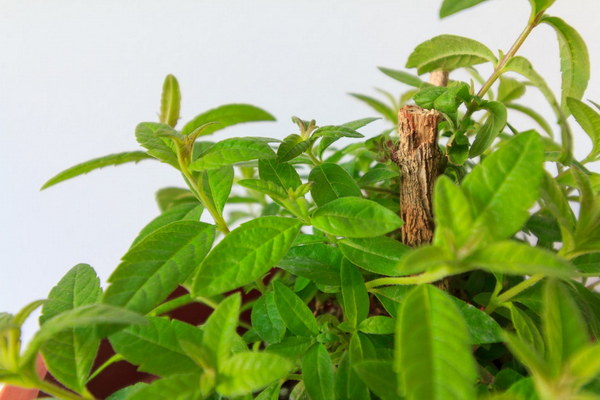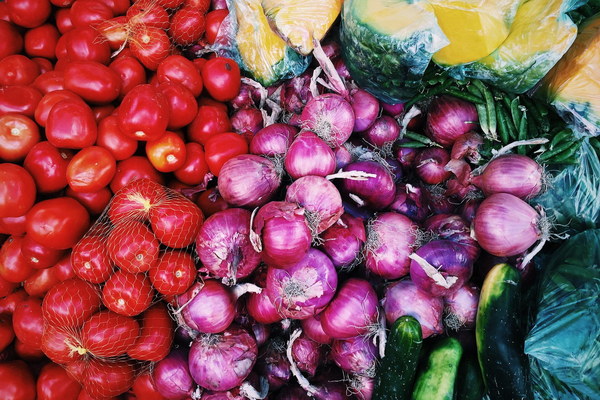Nurturing Young Lives A Journey to Strengthening Liver and Kidneys in Children
In the realm of holistic health, the adage prevention is better than cure holds profound significance, especially when it comes to nurturing the well-being of our children. The liver and kidneys, vital organs responsible for filtering and detoxifying the body, deserve our utmost attention. This article delves into the importance of liver and kidney health in children, offering insights into effective practices that can bolster their overall well-being.
Understanding the Liver and Kidneys in Children
The liver, a multi-functional organ, plays a crucial role in detoxification, protein synthesis, and the regulation of blood sugar levels. Similarly, the kidneys filter waste products from the blood, maintain fluid balance, and regulate blood pressure. Ensuring optimal health of these organs in children is essential for their growth and development.
The Importance of Liver and Kidney Health in Children

1. Detoxification: The liver filters harmful substances, including toxins and impurities, from the body. A healthy liver in children ensures they can effectively eliminate these toxins, thereby reducing the risk of chronic diseases later in life.
2. Immune System: The liver and kidneys work together to support the immune system. A robust immune system in children can protect them from various infections and diseases.
3. Growth and Development: The liver and kidneys are involved in the production of essential hormones and nutrients necessary for growth and development. Ensuring their health can lead to a healthier and happier childhood.
4. Long-term Health: By fostering liver and kidney health in children, we set the stage for a healthier adulthood, reducing the risk of chronic conditions such as kidney disease and liver cirrhosis.
Practical Tips for Promoting Liver and Kidney Health in Children
1. Balanced Diet: A well-balanced diet rich in fruits, vegetables, whole grains, lean proteins, and healthy fats is essential for maintaining liver and kidney health. Encourage children to consume foods that are low in sodium and high in fiber.
2. Hydration: Adequate hydration is crucial for the proper functioning of the kidneys. Ensure children drink plenty of water throughout the day.
3. Regular Exercise: Engaging in regular physical activity helps maintain a healthy weight, which, in turn, reduces the risk of liver and kidney diseases.
4. Limit Sugar and Processed Foods: High sugar and processed foods can overload the liver, leading to increased fat accumulation and potential liver damage. Encourage children to consume these foods in moderation.
5. Avoid Smoking and Alcohol: Second-hand smoke and alcohol can harm the liver and kidneys. Protect children from exposure to these harmful substances.
6. Regular Check-ups: Schedule regular health check-ups for your children to monitor their liver and kidney function.
Conclusion
In conclusion, prioritizing liver and kidney health in children is essential for their overall well-being. By adopting a holistic approach that includes a balanced diet, regular exercise, and avoiding harmful substances, we can ensure that our children grow up with strong, healthy organs. Remember, a little effort today can lead to a healthier, happier life tomorrow.









